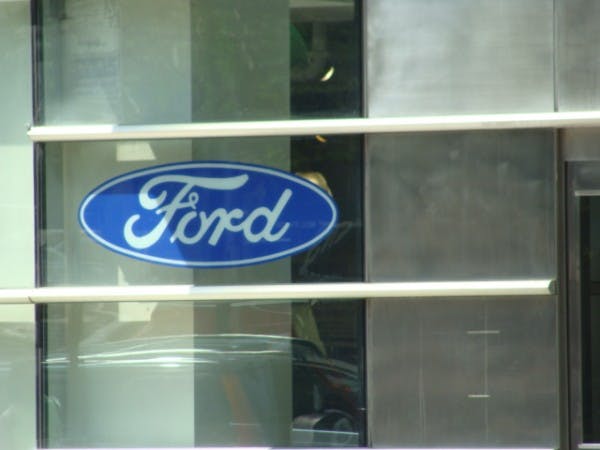If you follow the automotive industry at all, you know that Ford Motor Company (NYSE:F) has been surging of late. It’s come a long way toward returning to its best financial shape in a decade under the reign of CEO Alan Mulally. General Motors Company (NYSE:GM) is a step behind in many respects, but it’s still light years ahead of where it was when it took the government’s bailout.

What if I were to tell you that Japanese rivals have a significant advantage recently, an advantage that can be used in a couple different ways to give Toyota Motor Corporation (ADR) (NYSE:TM) and Honda Motor Co Ltd (ADR) (NYSE:HMC) a leg up on its Detroit counterparts? Let’s check out why Detroit is raising a red flag, and investigate how this perceived advantage will hurt its two top carmakers.
What’s the big deal?
Since Oct. 1, 2012, the yen has fallen 23% against the U.S. dollar. What that really means is that the devalued yen will give Toyota and Honda a significant financial advantage on every single vehicle sold. Toyota exports over 2 million vehicles annually, and when those vehicles enter the U.S. or European market, they become more profitable for the company.
Let’s look at some numbers to give a bit of perspective on what this advantage really equals. Morgan Stanley believes that the devalued yen gives the Japanese automakers a $1,500 financial advantage per car. Detroit believes it to be much more significant; its figure is closer to $5,700 per vehicle. This is money that Detroit can’t afford to match in any price war with the Japanese automakers.
In 2006, when Ford Motor Company (NYSE:F) was in the process of bleeding $12.6 billion for the year, it was losing almost $2,000 on each vehicle it sold. Since then, Ford has made a remarkable turnaround and returned to profitability. Last year, Ford had a net income margin of 4.2% — from $5.6 billion of net income — equaling $840 of profit on a $20,000 vehicle. The difference between Ford’s darkest days and today is that hypothetical $2,840 swing from loss per vehicle to profit. If Toyota uses that $5,700 in financial advantage gained from its currency exchange, it could easily force a price war that Detroit couldn’t afford to compete in for fear of returning to unprofitability.
Options for Toyota
By 2014 Toyota is planning to refresh almost 60% of its vehicles, and with a weakened yen it could potentially load its vehicles with extra features at prices Detroit wouldn’t be able to touch. This would have a drastic affect on market share in Toyota’s favor. It could also conceivably do nothing to its products or prices and simply boost advertising and enjoy a bulging bottom line. This could end Ford Motor Company (NYSE:F) and GM’s recent surge and completely derail them while causing a lot of pain for shareholders.

